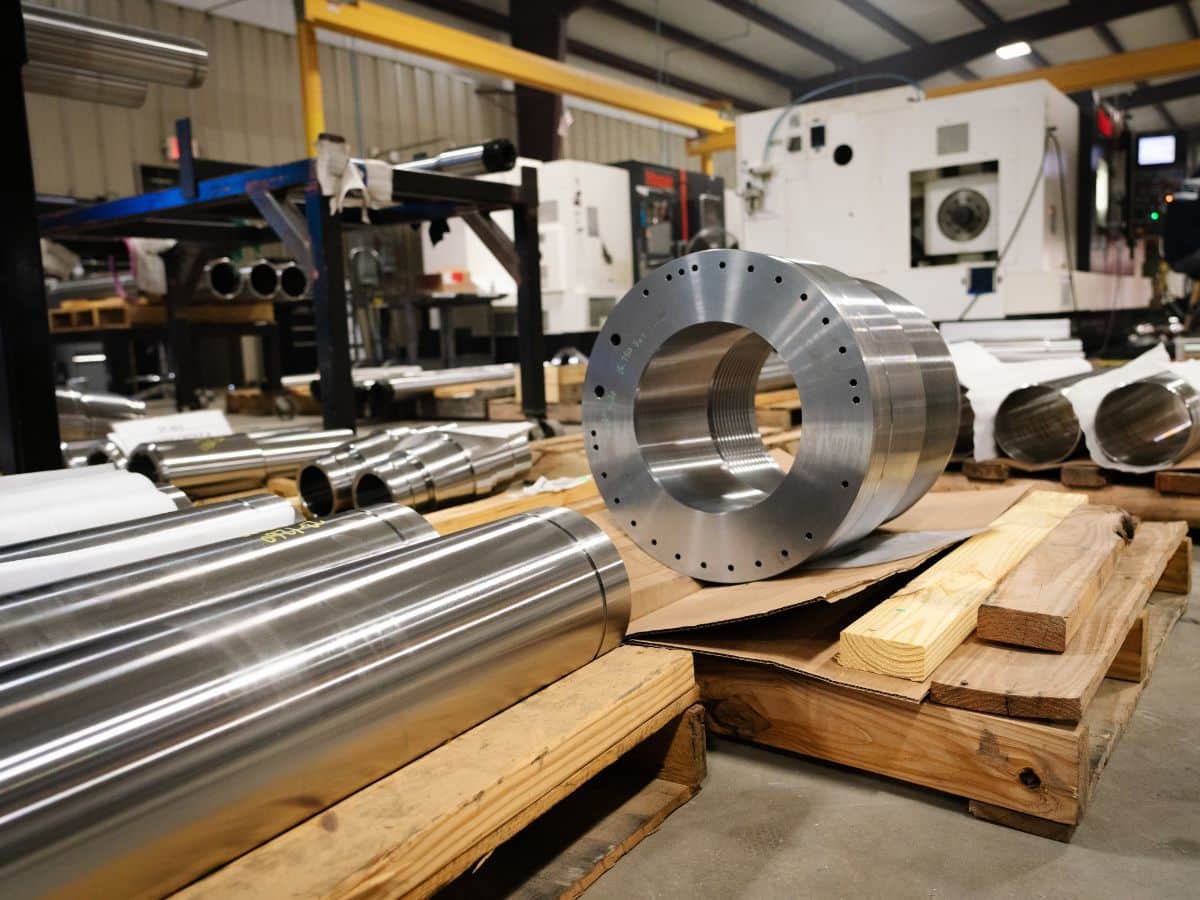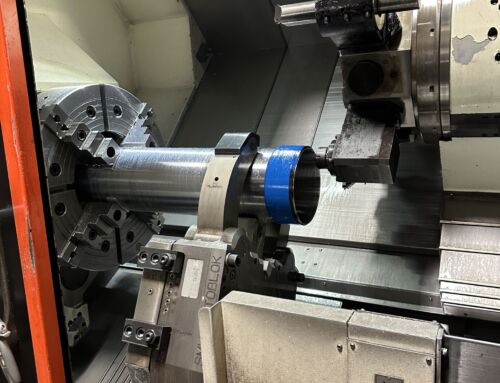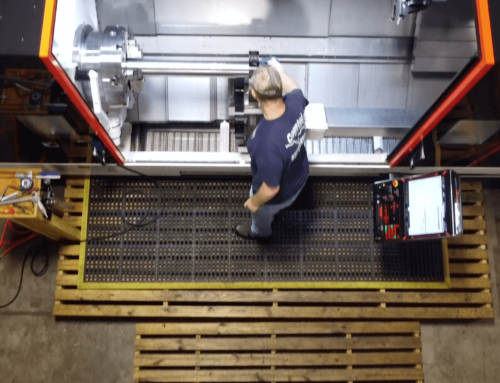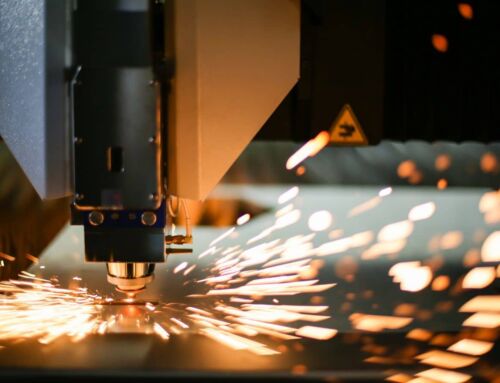As concerns about climate change and resource scarcity grow, industries are adopting more sustainable practices. In manufacturing, sustainability focuses on reducing the environmental impact of production while maintaining efficiency, quality, and economic viability. Machining, in particular, can significantly contribute to reducing waste, conserving energy, and promoting sustainability through eco-friendly practices.
The Importance of Eco-Friendly Machining Practices
Machining involves shaping materials like metal, plastic, and wood into desired components using tools like lathes, mills, and drills. While traditional machining processes have contributed to advancements in countless industries, they also pose challenges in terms of resource consumption and waste production.
Key Eco-Friendly Machining Practices
Here are some of the most effective eco-friendly practices to promote sustainability in machining:
- Reducing Waste in Machining
- Waste in machining, including metal chips, cutting fluids, and other byproducts, contributes to hazardous waste accumulation and disposal challenges. Reducing waste is a priority for manufacturers seeking to improve sustainability.
- Optimized Material Usage: By optimizing the design and programming of machining processes, manufacturers can minimize material waste. Advanced software allows for precise material removal, ensuring each cut is as efficient as possible.
- Recycling of Machining Byproducts: Rather than discarding metal chips and other waste materials, many manufacturers are focusing on recycling. Metal chips, for example, can be melted down and reused in new production processes, reducing both raw material usage and landfill waste.
- Advanced Cutting Fluids: Cutting fluids, essential for cooling and lubricating tools, often contain harmful chemicals. Eco-friendly machining promotes the use of biodegradable or synthetic fluids that are less harmful to the environment. Additionally, fluid recycling systems reduce the need for new fluid and minimize waste disposal.
- Energy-Efficient Machining
- Traditional machining methods are energy-intensive, contributing to greenhouse gas emissions and increased operational costs. Energy-efficient practices can significantly enhance sustainability.
- High-Efficiency Equipment: Modern machining tools are designed with energy efficiency in mind. Equipment featuring energy-efficient motors, variable speed drives, and automation systems can reduce energy consumption while maintaining productivity. Regular maintenance and calibration of machines also ensure peak efficiency.
- Renewable Energy Integration: Some manufacturers are integrating renewable energy sources, such as solar or wind power, into their operations. This reduces reliance on fossil fuels and lowers the carbon footprint of machining processes.
- Smart Manufacturing Technologies: Industry 4.0 technologies, like the Internet of Things (IoT) and artificial intelligence (AI), allow manufacturers to monitor and optimize energy usage in real-time. Data collection on machine performance and energy consumption helps identify inefficiencies, enabling adjustments that lower energy use without sacrificing quality.
- Sustainable Material Selection
- The choice of materials used in machining has a profound impact on sustainability. Traditional materials, like steel and aluminum, have significant environmental footprints due to the energy required for extraction and processing. Sustainable material selection helps mitigate this impact.
- Recycled and Renewable Materials: Manufacturers can opt for recycled metals, plastics, and other materials in machining processes. This reduces the demand for virgin materials and lowers the overall environmental impact. Some companies are also exploring renewable materials, such as bioplastics or sustainably sourced wood.
- Lightweight Materials: Using lightweight materials, such as composites or aluminum alloys, promotes sustainability by reducing the energy needed for machining and transportation. These materials help lower carbon emissions across the supply chain.
- Sustainable Manufacturing Processes
- In addition to individual machining practices, manufacturers are focusing on entire production processes to enhance sustainability. Lean manufacturing principles reduce waste and improve efficiency across all stages of production.
- Just-in-Time Inventory Management: Minimizing excess material storage and reducing waste are key goals of lean manufacturing. Just-in-time inventory management ensures that materials are available when needed, reducing waste and unnecessary energy use.
- Additive Manufacturing (3D Printing): Additive manufacturing is an example of a sustainable process gaining traction. Unlike traditional subtractive machining, which removes material to create parts, additive manufacturing builds parts layer by layer, generating significantly less waste. This process can also use recycled or renewable materials.
The Future of Sustainability in Machining
The drive for sustainability in manufacturing is only growing stronger as environmental regulations tighten and consumers demand more eco-friendly products. Fortunately, innovations in technology and a commitment to eco-friendly machining practices are helping the industry move toward a more sustainable future. Coastal Machine & Supply is committed to being at the forefront of this movement, contributing to a more sustainable future in manufacturing.












